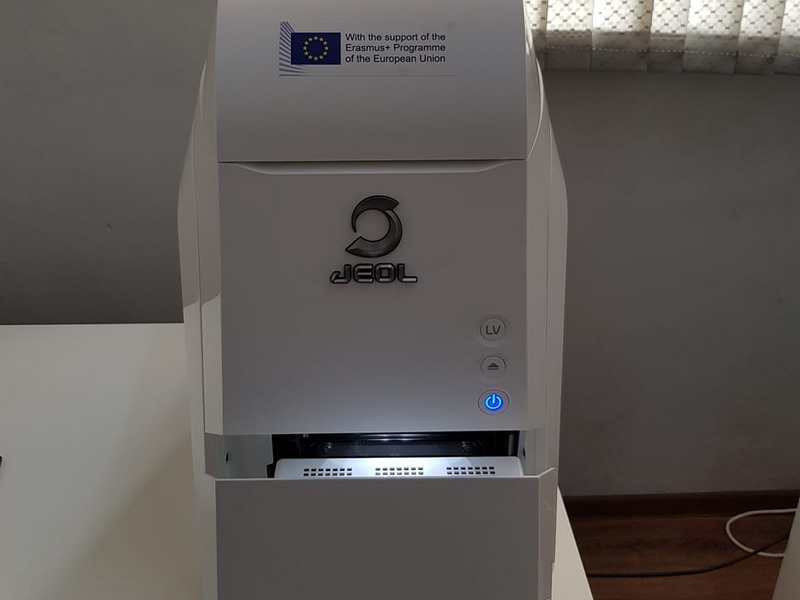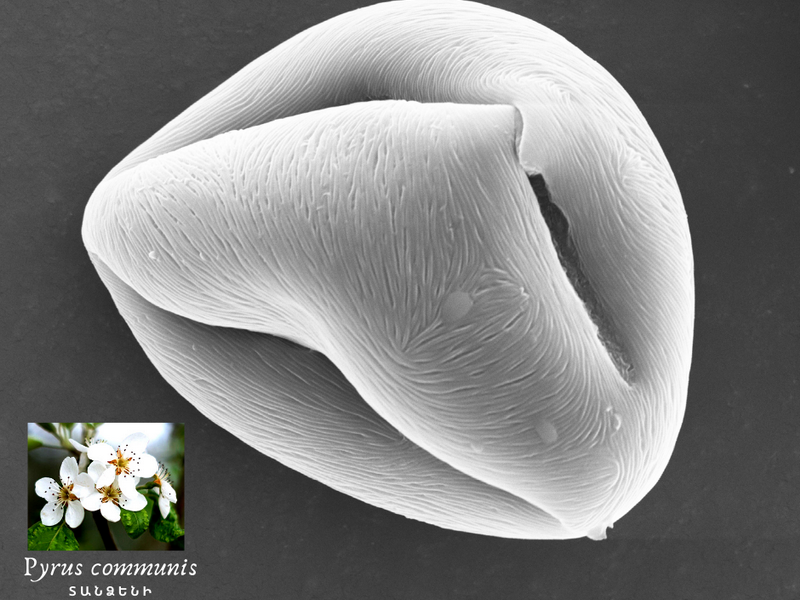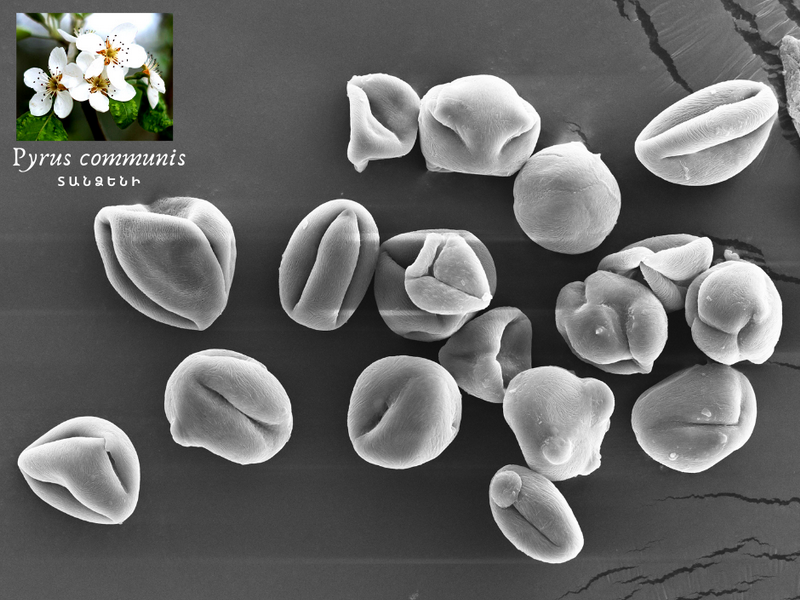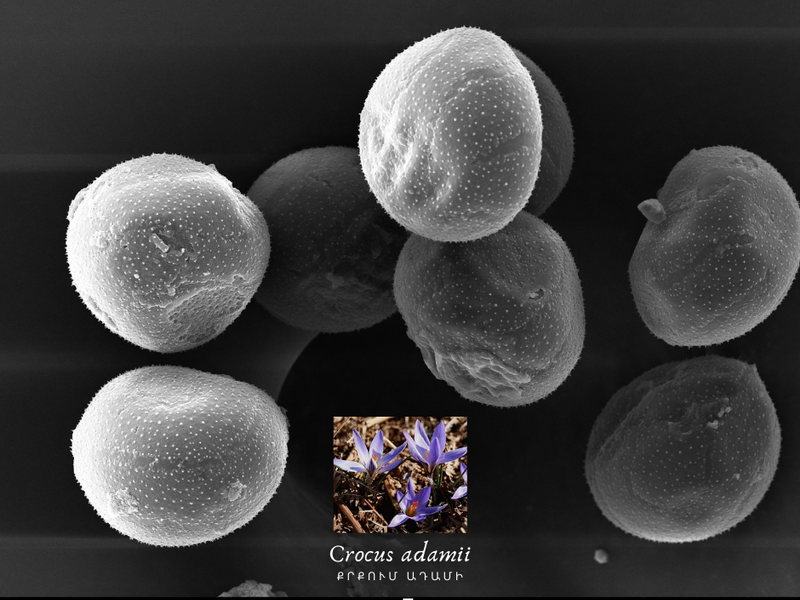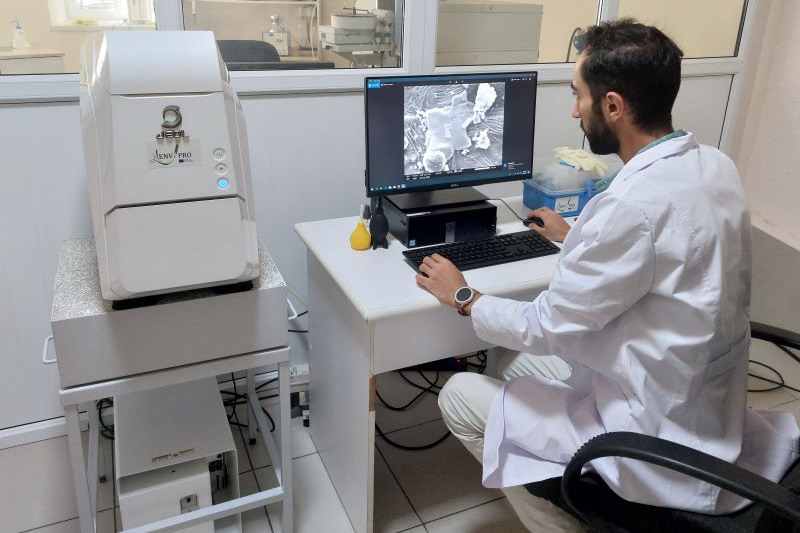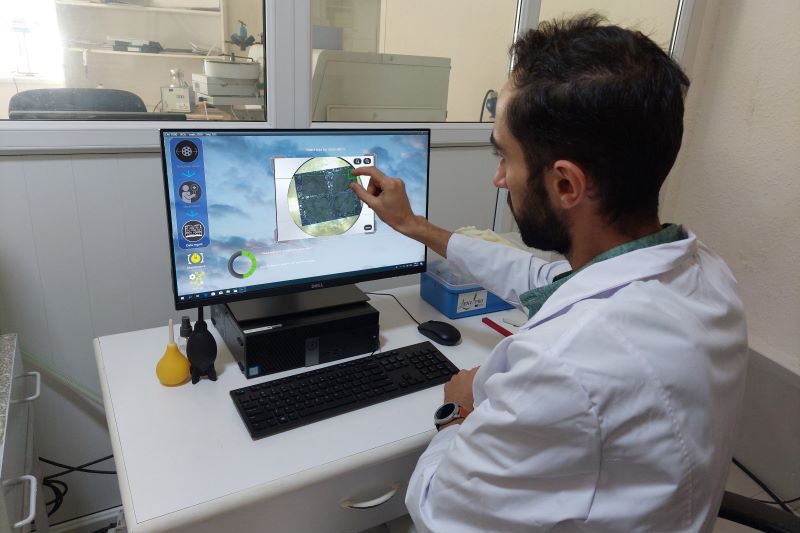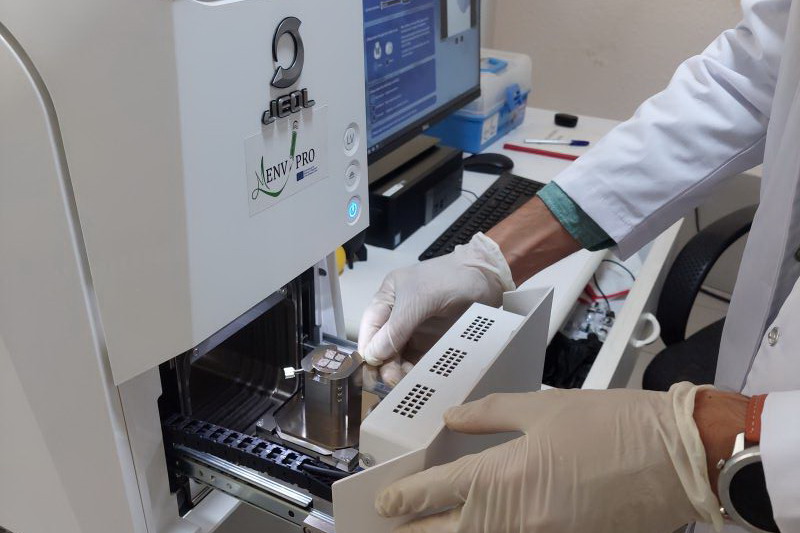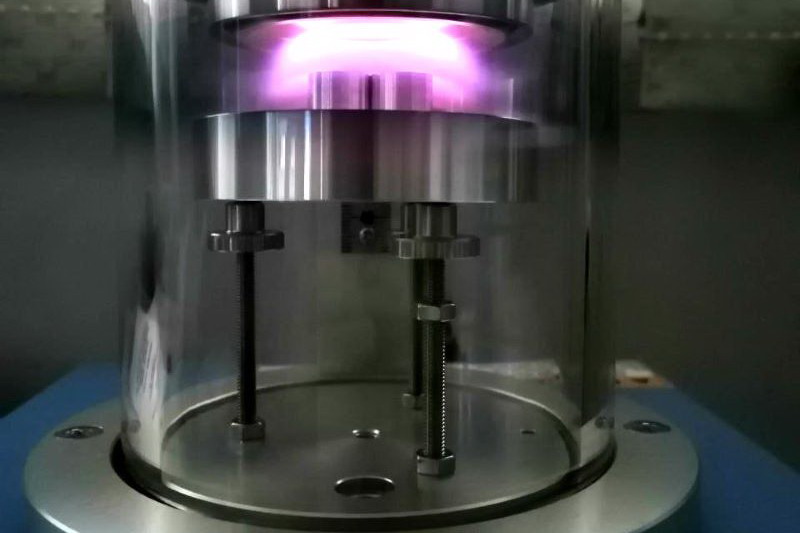JEOL-JCM-7000 Microscope: Application in Different Fields
JEOL-JCM-7000 NeoScope scanning electron microscope, manufactured by JEOL Japanese company together a gold-coating device, which allows examining biological samples. The microscope scans the surface of the sample with the focused electron beam. It is a powerful tool for studying the morphological and topographic features and chemical composition of samples. JEOL-JCM-7000 NeoScope SEM enables magnifying the sample 100,000 times to determine the particle size. The microscope has the ability to simultaneously determine the content of 40 elements in the sample and to obtain distribution maps of the contents of individual elements of the selected area.
Scanning electron microscope has been in use since about 1965. It has been improved over the years, which has enabled its use in various fields. The possibilities of using JEOL JCM-7000 are a bit limited due to the fact that it can be used to study only dry matter, however the microscope has a wide range of applications: environment, materials science, pottery, nanotechnology, geology, food science, etc.
In environmental and geochemical studies, the microscope allows qualitative-quantitative analysis of elements in samples. A scanning electron microscope can be a great tool for food scientists to assess the quality of food in food production process. It can be used to study the microstructural characteristics in dry and powdered foods.
In biomedical research, the microscope enables studying the chemical composition of drugs, cosmetics, their homogeneity, as well as the effect of substances on the skin. In the textile industry SEM enables revealing the chemical composition, structure, type, strength, elasticity of fibers.
Scanning electron microscopes are widely used in conjunction with other equipment, which expands the scope of research.

